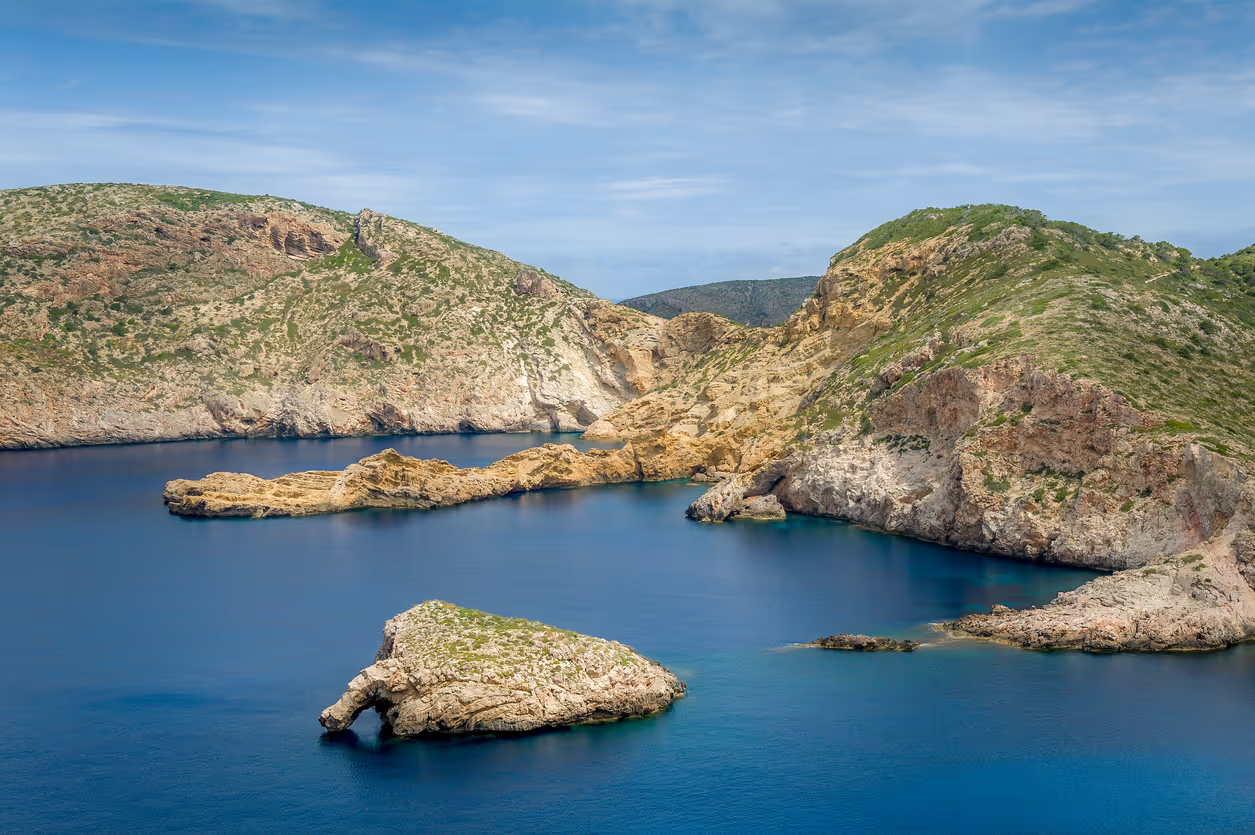
M
orir por exito, to die of success, is a Spanish expression that is becoming increasingly popular on Mallorca. In 2023, 12.5 million tourists visited the island, which has nearly one million residents. In 50 years, the number of tourists has multiplied by twenty, and the number of residents by three. With the exception of the Covid, these figures have never stopped rising since the 1950s. For years, this increase was a source of pride. For a long time, the majority of the population and the public authorities did not look down on tourism because it is the industry that sustains Mallorca. Criticism did exist, but it was quietly expressed with a fatalism summed up by the phrase: es lo que hay or, ‘it is what it is.’
But this year it seems as if tourism has reached a point of no return. Despite Covid, when a temporary slow down allowed residents to briefly reclaim their beaches and mountains, air traffic and tourism have resumed their mad rush. In 2023, with more than 31 million passengers, the Palma airport broke its attendance record. A record that is difficult to digest. This race to the top, based on ever-increasing numbers, is no longer acceptable to the public. This summer, protests were big and many, reaching international news and attention. Residents took to the streets in the middle of summer to say stop. We saw them in Palma and on the beaches with signs reading Ocupem les nostres platges ‘Let’s occupy our beaches.’ It was a peaceful way of showing tourists how fed up they are.
Since 2019, Fundament, a non-profit association with a mission of helping people find solutions to real problems and live better together through design, has been seeking to understand how Mallorcans experience tourism in order to improve coexistence in an increasingly polarised world. “This year,” explains Frank Hoeft, designer and co-founder of Fundament, “we've seen a significant increase in unhappiness across the population [of Mallorca].” 86% of people surveyed said they would live better if there were less tourism. 81% felt that tourism did not respect or value local culture and that it disrupted their daily lives. 96% of respondents deplore the impact of tourism on the environment. Over the last twenty years, the human pressure indicator has increased by almost 40%. Yet the island's natural limits are easy to reach and its ecosystems, such as the coastline and mountains, are fragile. This over-visitation is leading to saturation of infrastructures and public spaces, greater pollution and pressure on resources, which on certain days transforms a paradise island into a nightmare.












